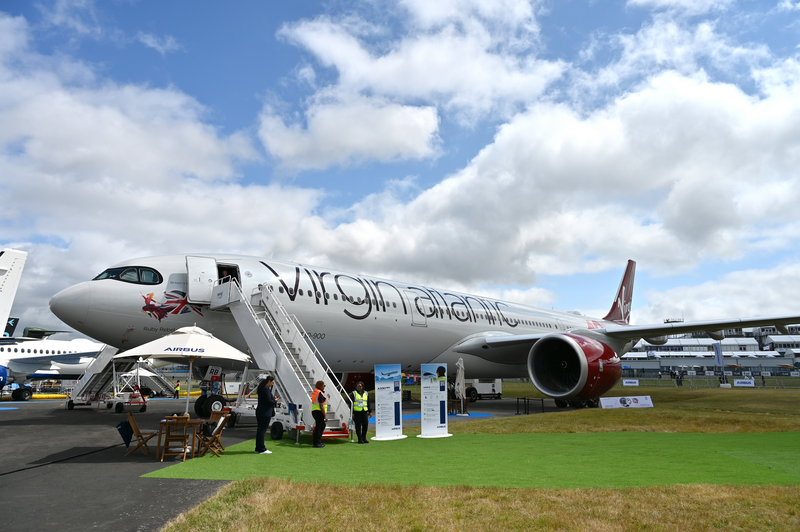The UK’s Advertising Standards Authority (ASA) has ruled against Virgin Atlantic, banning a radio advertisement that claimed the airline’s “Flight 100” was powered by 100% sustainable aviation fuel (SAF). The decision comes after complaints that the ad misled consumers about the environmental impact of the flight.
The radio ad, which aired in
Register for free to keep reading
To continue reading this article and unlock full access to GRIP, register now. You’ll enjoy free access to all content until our subscription service launches in early 2026.
- Unlimited access to industry insights
- Stay on top of key rules and regulatory changes with our Rules Navigator
- Ad-free experience with no distractions
- Regular podcasts from trusted external experts
- Fresh compliance and regulatory content every day













